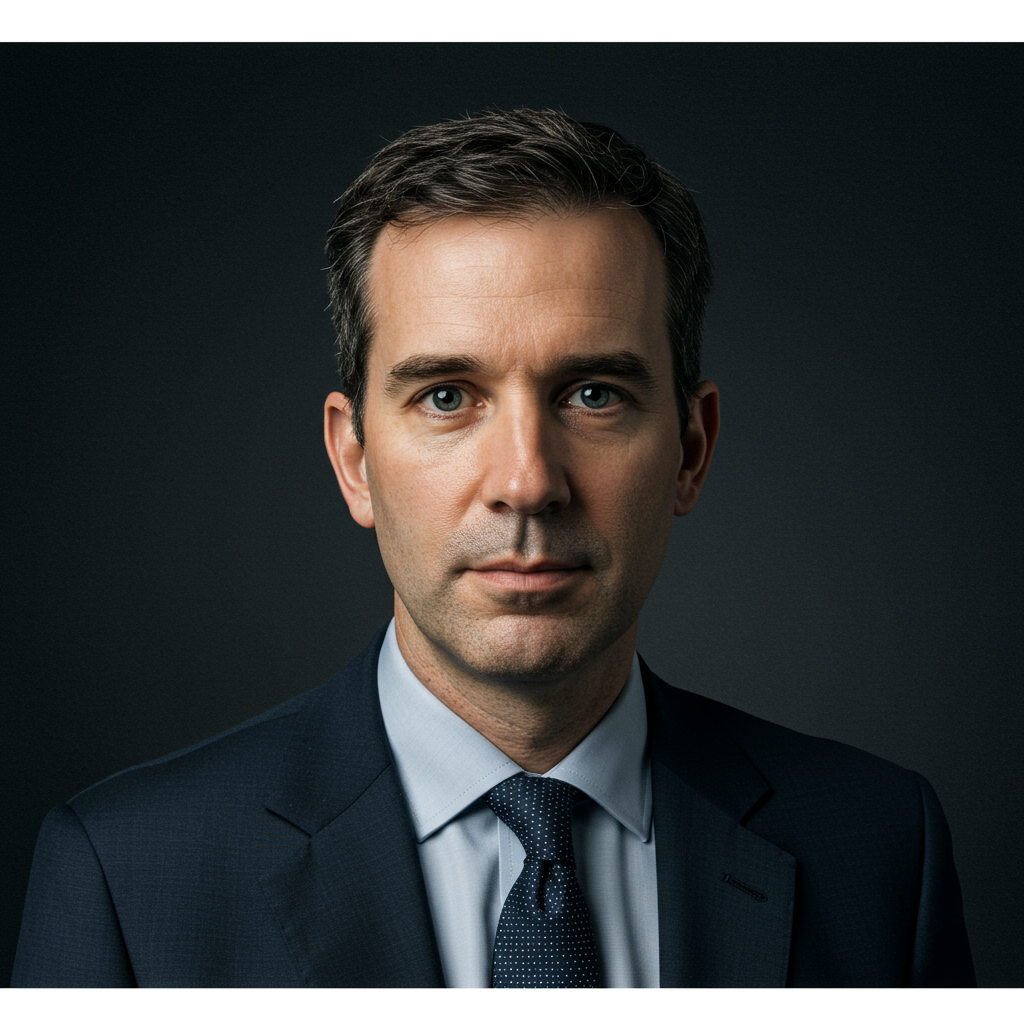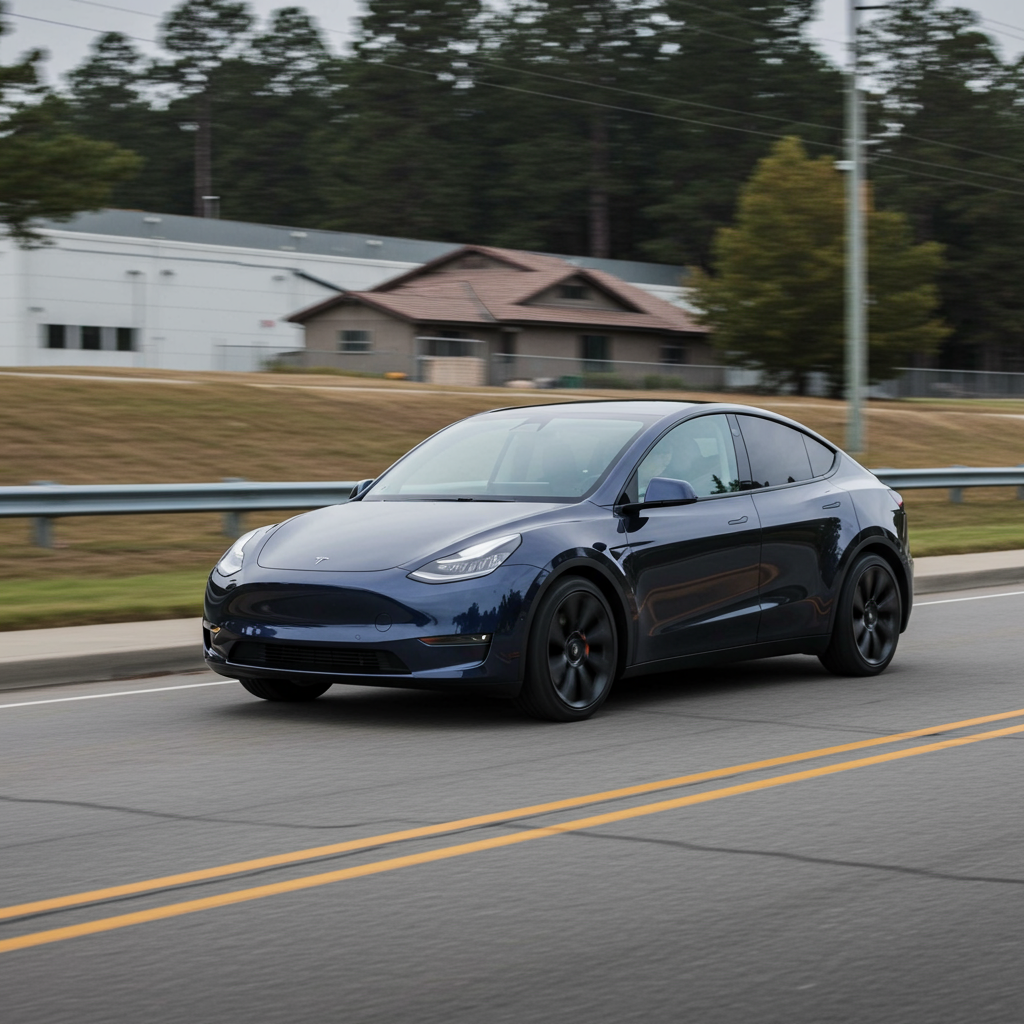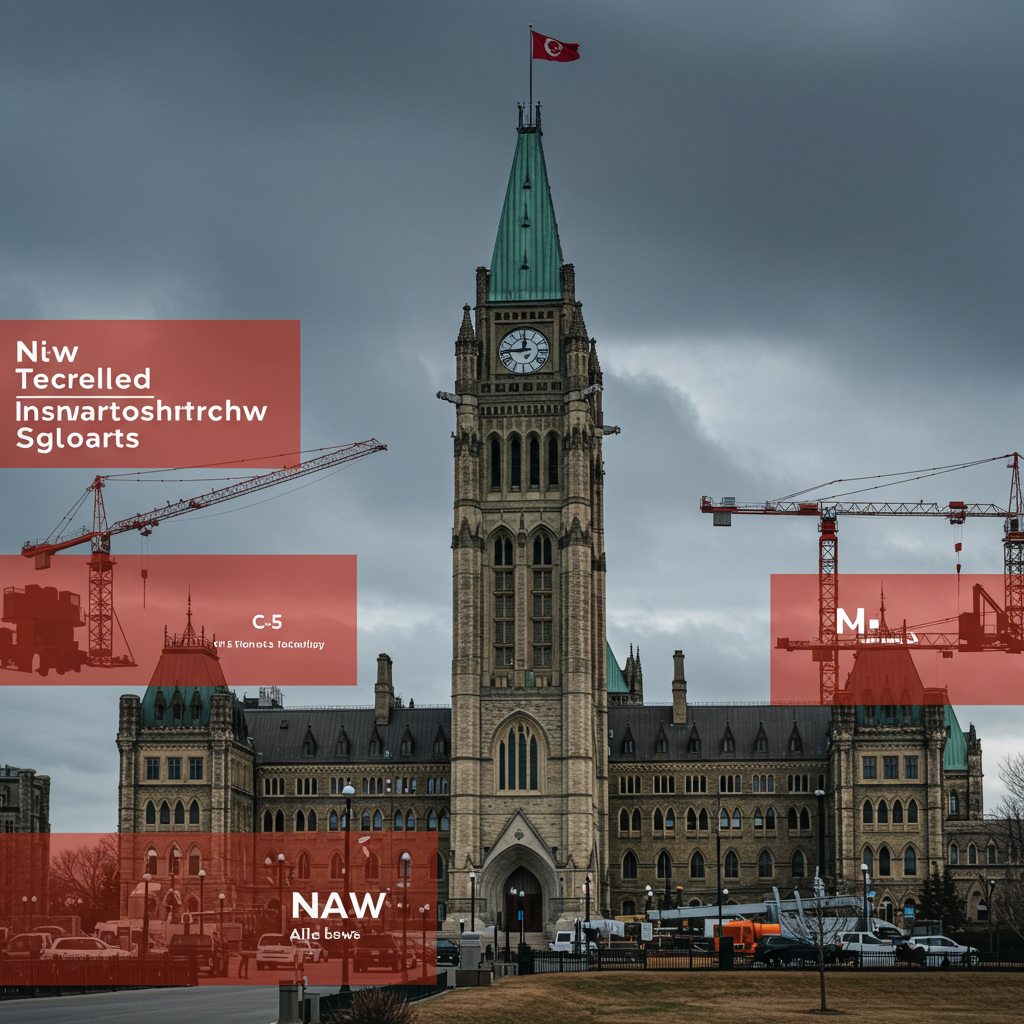OpenAI CEO Sam Altman has made a striking accusation, claiming that Meta, led by Mark Zuckerberg, attempted to lure away his top artificial intelligence experts with “crazy” offers, including signing bonuses potentially reaching $100 million or more in total annual compensation. Altman shared these claims during an appearance on the Uncapped podcast hosted by his brother Jack.
According to Altman, Meta initiated these “giant offers” targeting multiple individuals on the OpenAI team. However, he expressed satisfaction that, “at least so far, none of our best people have decided to take them up on that.” Meta has not publicly confirmed these specific offers.
Money vs. Mission: A Clash of Cultures
Altman was critical of Meta’s alleged recruitment tactics, suggesting that heavily emphasizing “tonnes of upfront, guaranteed comp” over the actual work, the company’s mission, or its culture is ultimately counterproductive. He stated, “I don’t think that’s going to set up a great culture.”
This philosophy appears to resonate within OpenAI. While Meta was reportedly unsuccessful in poaching key figures like OpenAI’s lead researcher Noam Brown, sources indicate that for some at the forefront of AI development, factors such as the company’s mission to achieve Artificial General Intelligence (AGI), its culture, prestige, and direct involvement in groundbreaking projects outweigh even extraordinarily large financial incentives. OpenAI itself offers competitive packages, with total compensation potentially reaching over $1 million annually for top engineers, supplemented by a unique profit-participation model (PPUs) that provides a stake in the company’s long-term success, reportedly worth millions.
The Intensifying AI Talent Scramble
Altman’s comments highlight the increasingly fierce “AI talent war” gripping the tech industry. Competition for the world’s top AI researchers and engineers has reached extreme levels, characterized by aggressive recruitment and unprecedented compensation packages. This intense demand is fueled by rapid advancements in AI technology and the high-stakes race towards achieving AGI.
Meta’s reported offers are just one example of the lengths companies are going to secure talent. The company recently announced a massive $15 billion initiative focused on building “super-intelligence” and is actively staffing a new team. Mark Zuckerberg is reportedly personally involved in recruiting efforts, with reports suggesting a “$2M/yr floor” in salary offers for potential hires. Meta also recently made a significant investment, potentially up to $15 billion for a large stake, in the training data company Scale AI, partly seen as a move to bring its CEO, Alexandr Wang, into Meta’s AI fold.
However, securing top-tier talent remains challenging. While Meta has successfully hired some prominent researchers like Jack Rae from Google DeepMind and Johan Schalkwyk, they have also reportedly missed out on others from OpenAI and Google. Other companies are also employing aggressive tactics; Google DeepMind reportedly uses paid non-compete clauses for some researchers, and OpenAI is rumored to offer significant retention bonuses and equity packages, especially to counter potential departures to new ventures.
It’s worth noting this extreme demand and compensation often apply specifically to a limited pool of elite, experienced researchers. In contrast, hiring opportunities for entry-level AI engineers have reportedly seen a significant downturn across the tech industry.
OpenAI vs. Meta: Rivalry and Innovation
The rivalry between OpenAI and Meta has grown as both companies increasingly focus on advanced AI. Despite Meta’s considerable resources and recent investments, Altman expressed skepticism about their potential for success in the AI domain. Drawing a comparison to Google’s early unsuccessful attempts at social media against Facebook, Altman stated, “I don’t think they’re a company that’s great at innovation” in this context, suggesting their current AI efforts haven’t been as effective as hoped.
Beyond the competitive landscape and talent disputes, Altman also shared broader thoughts on the future of AI. He mused that even achieving “legitimate super intelligence” might not immediately transform daily life or make the world significantly better in obvious ways. However, he speculated that the most impactful development within the next five to ten years could be AI’s ability to “discover new science,” a claim he believes is true and could ultimately dwarf previous AI achievements.
The intense competition for AI talent, exemplified by the staggering offers reported by Altman, underscores the massive financial investment flowing into the sector. Estimates suggest up to $1.8 trillion could be spent on computing power alone by 2030, highlighting the high stakes in the global race to develop cutting-edge AI capabilities.




